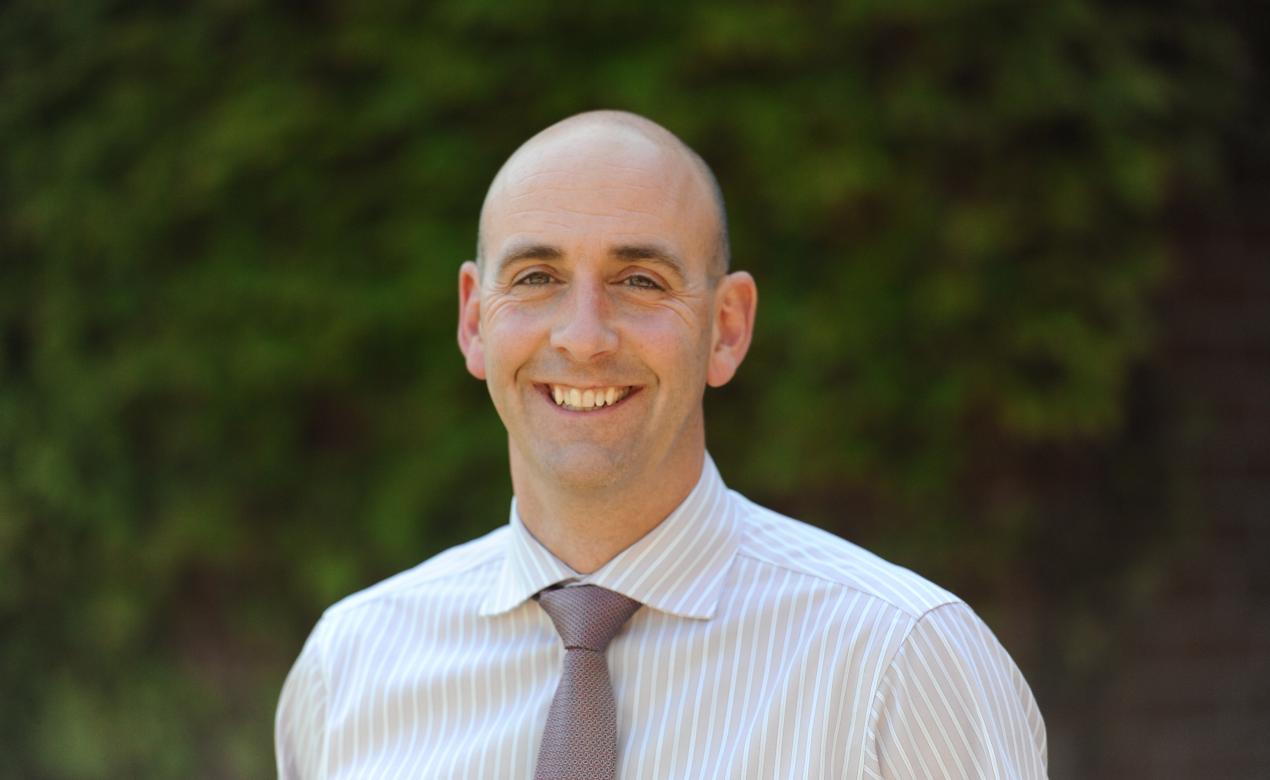
During the consultation process for the Floreat strategic plan, we heard time and time again about the importance of sustainability, climate change and ensuring we fully respect our beautiful natural home in British Columbia. This message came through especially strong from our students, whom we recognize as inheriting many of these pressing issues.
At SMUS, we know that one of the primary roles of academic institutions is to prepare students to contribute to their community, to society at large, and to the protection of our planet for future generations. “To learn, to lead, to serve” means ensuring our students have the knowledge, tools and resources to not only fulfil their own responsibilities as global citizens but to help others do so too.
Introducing the Environmental Sustainability Committee
In line with the "Sustainability" pillar of our Floreat strategic plan, the SMUS Board of Governors approved the establishment of a new Environmental Sustainability Committee to provide strategic guidance to the Board, the Senior Leadership Team and other key stakeholders.
Since beginning its work last spring, the Committee, which has members across a variety of disciplines with a sustainability focus, has begun to shape a new policy and framework for the development, implementation and progress monitoring of environmental sustainability initiatives at SMUS. This broadly falls into two areas: physical spaces and academic programming.
Physically, we intend to improve the environmental/carbon footprint of the SMUS campuses and our operations. Academically, we will empower students with the skills, knowledge and experiences to thrive in a world where sustainability factors will play a greater role in society than for previous generations.
Baseline Assessments
However, before we can set future targets and goals, the school needs to better understand our current position. This means we will be undertaking two baseline assessments as our sustainability priorities for 2021-22.
The first assessment is focused on the carbon footprint of our buildings (including those on the Richmond Road campus, the Junior School campus, the Derby facility and the Rowing Centre). SMUS has contracted an engineering firm to conduct a comprehensive building energy audit, which will identify and prioritize upgrades to reduce emissions and to calculate emissions relating to energy usage at the school.
The second assessment focuses on understanding how and what students and the school community are or could be doing through our curriculum and programming. To do this the school is participating in the World Health Organization-recognized EcoSchools Canada program. This program provides certification representing environmental excellence for Kindergarten to Grade 12 schools in Canada. Participation allows the students and the wider school community to get a clear picture of their current environmental practices and take action to reduce their environmental footprint.
Once completed, these assessments will provide the Committee with valuable information that will serve to guide us in developing long-term strategic priorities. These priorities will better position our students and school to fulfil our responsibilities as good global citizens.
Contact the Environmental Sustainability Committee
All members of the Environmental Sustainability Committee, including myself, fully appreciate how many people in our community are passionate about sustainability. While there will be future formal opportunities for everyone to contribute to our work, please email me at [email protected] if you have any initial comments or feedback.



